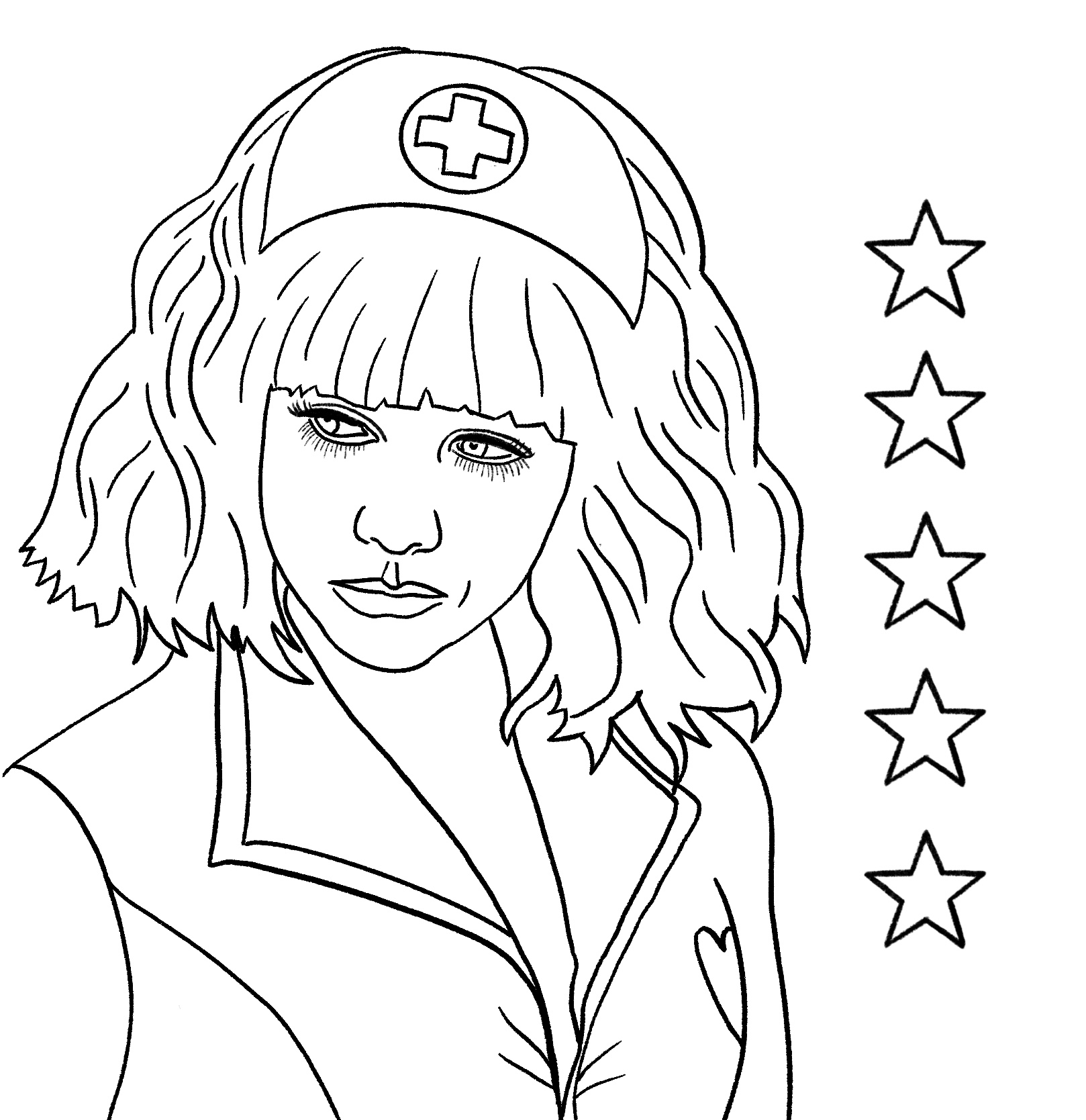
Content warning: This article discusses sexual misconduct and assault.
The 2020 film “Promising Young Woman,” which received four Golden Globe nominations on Feb. 3, starts with gratuitous shots of male extras’ crotches as they dance in a club. Brutally uncomfortable, the shot encapsulates what made this feminist thriller a hit: its squirm-worthy inversion of the male gaze.
The wicked cold opening scene that earned first-time director Emerald Fennell the green light from producers to make “Promising Young Woman” offers a striking example of this inversion.
After the introductory shot, Cassie (Carey Mulligan), too drunk to stand, catches the attention of a group of men in a club.
“If she’s not careful,” one of them says, “someone’s gonna take advantage, especially the kinda guys in this club.”
Enter Jerry (Adam Brody), ostensibly the “Nice Guy” of the group, who offers to escort her home. The escort becomes a cab ride to his apartment, their driver sparing only a glance back at Cassie in the rearview mirror when Jerry asks to change destinations from her apartment to his.
Just as Jerry’s about to rape Cassie, she repeatedly asks what he is doing. Her drunken haze sharpens, until she sits up and demands with disarming eyes, “I said, what are you doing?” She glares right into the camera with a malicious grin.
For all her smudged make-up and stumbling, Cassie is sober. She — not Jerry — is in full control. Viewers realize quickly that Cassie hunts predators on a nightly basis, keeping meticulous score in her notebook.
With each man, her threats shatter their illusions that they are “Nice Guys” who would never take advantage of a woman who wasn’t “asking for it.”
Cassie never comes across as a black spandex-wearing superhero beating up the patriarchy. Rather, she is a 30-year-old woman who braids her hair with pastel bows. A medical school dropout, she lives at home with her parents and works a dead-end job at a coffee shop.
Fennell even makes the unorthodox decision to drench the film in hyperfeminine pinks and purples. Production designer Michael Perry explained in an interview with Variety that pastel, cutesy sets like the coffee shop have almost subliminal dashes of red, foreshadowing danger within feminine worlds. Well-timed covers of Paris Hilton and Britney Spears songs are the soundtrack to Cassie’s adrenaline-pumping escapades.
When a chance encounter at the coffee shop reunites her with a medical school alum, Cassie decides to start dating Ryan (Bo Burnham, in a bizarre casting choice that works better than it should).
In conversations with Ryan about Cassie’s potential as a doctor, viewers learn why she dropped out — and why she remains so committed to catching would-be rapists. Her childhood best friend Nina had attended medical school with her, until Nina was raped by a fellow student.
Neither Fennell nor Mulligan shy away from delving into Cassie’s trauma. Her wary attitudes toward intimacy and relationships with men flare-up on her first date with Ryan in a particularly hard-to-watch scene.
When Cassie learns from Ryan that Nina’s rapist lives unbothered and happily engaged, it sends her into a spiral. She hunts down the friend who did not believe Nina, the disbelieving dean of her medical school and the lawyer who bullied Nina into dropping the case. The film becomes a breathless, no-holds-barred attack not only on college rapists, but on the institutions that enable them.
However, not all of Fennell’s writing and direction works. Laverne Cox, a Black transgender woman, plays the role of Gail, Cassie’s boss at the coffee shop. Fennell fails to give Cox much to do besides stand behind the cash register, deliver well-timed quips about Cassie’s sex life and give her stamp of approval on Ryan. As is too often the case, a Black woman in a supporting role is given no character arc other than to support her white best friend.
It is necessary to see Black and transgender people in plotlines that do not focus on their oppression. Yet, according to the 2015 U.S. Transgender Survey, one in two transgender people are sexually assaulted at some point in their lifetime. The National Sexual Violence Resource Center has found that Black trans people are at an even higher risk of being sexually assaulted than their white counterparts. The omission of even a passing acknowledgment of this disparity in a film about rape culture becomes a rare blindspot in Fennell’s feminist vision.
That said, Fennell manages to deliver shocking twists in a film that ran the risk of being predictable or preachy. In its last 15 minutes, “Promising Young Woman” delivers a disturbing yet satisfying end, a kiss-off smeared in bright pink lipstick.
Subscribe to the Mossy Log Newsletter
Stay up to date with the goings-on at Lewis & Clark! Get the top stories or your favorite section delivered to your inbox whenever we release a new issue.

Leave a Reply